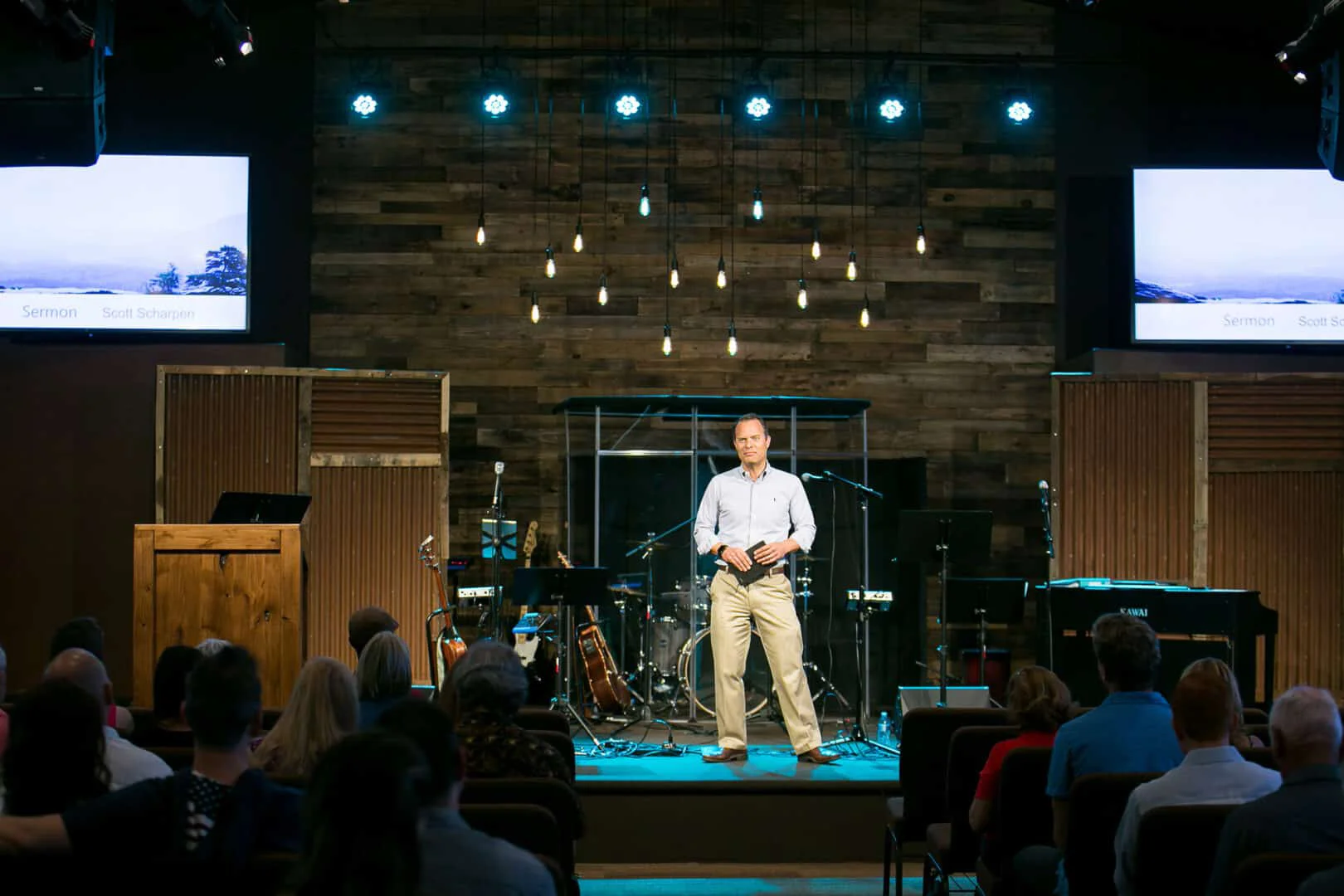Pastors hear plenty of warnings about burnout, and you don’t have to look far to discover the worst-case scenarios of ministries that have crumbled under the weight of stress and exhaustion. But having an understanding of burnout doesn’t seem to slow down the problem.
The Fuller Institute of Growth’s research studies in 1991, 2005, and 2006 found that 75 percent of pastors reported being “extremely stressed” or “highly stressed.” One has to wonder how many of those pastors are still in ministry today.
Despite increasing awareness of the risks of burnout, there is still a cultural value placed on overwork. In the past, it was cloaked in colloquialisms like “idle hands are the devil’s workshop,” while young pastors today might talk up being “on the grind.” It’s difficult to appreciate what burnout can do until it’s too late.
Here are three ways that burnout can take a pastor out of commission.
1. It makes you angry, cynical, and resentful.
One of the first indications of ministerial exhaustion is a shift in perspective. Instead of demonstrating your love for Jesus by caring for his flock, you begin to see people and their problems as an unfortunate obstacle to ministry. Every interruption or critical comment can feed a growing estrangement from your congregation and community. As a shepherd, you’re called to care for your flock in the spirit of Jesus, but burnout can inhibit that calling.
2. It leads to depression.
We all feel disengaged or sad from time to time, but burnout exacerbates the problem. In the early stages of stress, you might notice an increase in bad days or find yourself feeling like a failure or an imposter. The longer this continues, the more likely it is to become full-time cheerlessness and discouragement.
For many, the symptoms of depression aren’t sadness but a deep emotional numbness. At first, this can feel like a reprieve from the feelings of frustration and melancholy that come with being worn out. But if left untreated, it can lead to unhealthy behaviors—even self-harm.
3. It causes you to act out.
In some cases, stories of pastoral failure are also tales about untreated burnout. This is not to say that burnout causes anyone to sin. In high-stress situations, a person’s character can only be revealed rather than formed. But burnout will limit your capacity to respond to situations with compassion or wisdom, and this can lead to poor decisions and broken relationships.
By the time burnout gets to this point, the church may already be on thin ice. Often, the trust of church members is what ends up being broken, impacting the body as a whole.
Burnout is serious business.
When God established the Sabbath, He was making a statement about the importance of resting in the Lord instead of trusting in our own strength. In different seasons of life, you’ll have to set different boundaries and expectations for your time and your capacity; there are times for bearing fruit, and there are times for abiding. Your ministry can blossom as you honor the rhythms God has set for creation.
Protect your ministry by protecting your health.




